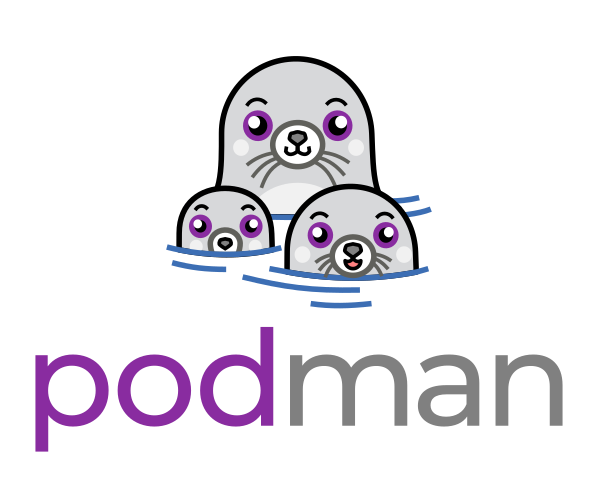Please see the containers/image_build repo. README.md for build details.
Running as 'root' inside the container:
# Create a directory on the host to mount the container's
# /var/lib/container directory to so containers can be
# run within the container.
mkdir /var/lib/mycontainers
# Run a shell in the container, will full nested container run and build
# possibilities:
podman run -it --net=host --security-opt label=disable --privileged \
--security-opt seccomp=unconfined --device /dev/fuse:rw \
-v /var/lib/mycontainers:/var/lib/containers:Z \
quay.io/containers/aio:latest
Running rootless inside the container:
mkdir $HOME/mycontainers
# Run a shell in the container, will full nested container run and build
# possibilities:
podman run -it --net=host --security-opt label=disable --privileged \
--security-opt seccomp=unconfined --device /dev/fuse:rw \
--user user --userns=keep-id:uid=1000,gid=1000 \
-v $HOME/mycontainers:/home/user/.local/share/containers:Z \
quay.io/containers/aio:latest
Note: If you encounter a fuse: device not found error when running the container image, it is likely that
the fuse kernel module has not been loaded on your host system. Use the command modprobe fuse to load the
module and then run the container image. To enable this automatically at boot time, you can add a configuration
file to /etc/modules.load.d. See man modules-load.d for more details.


